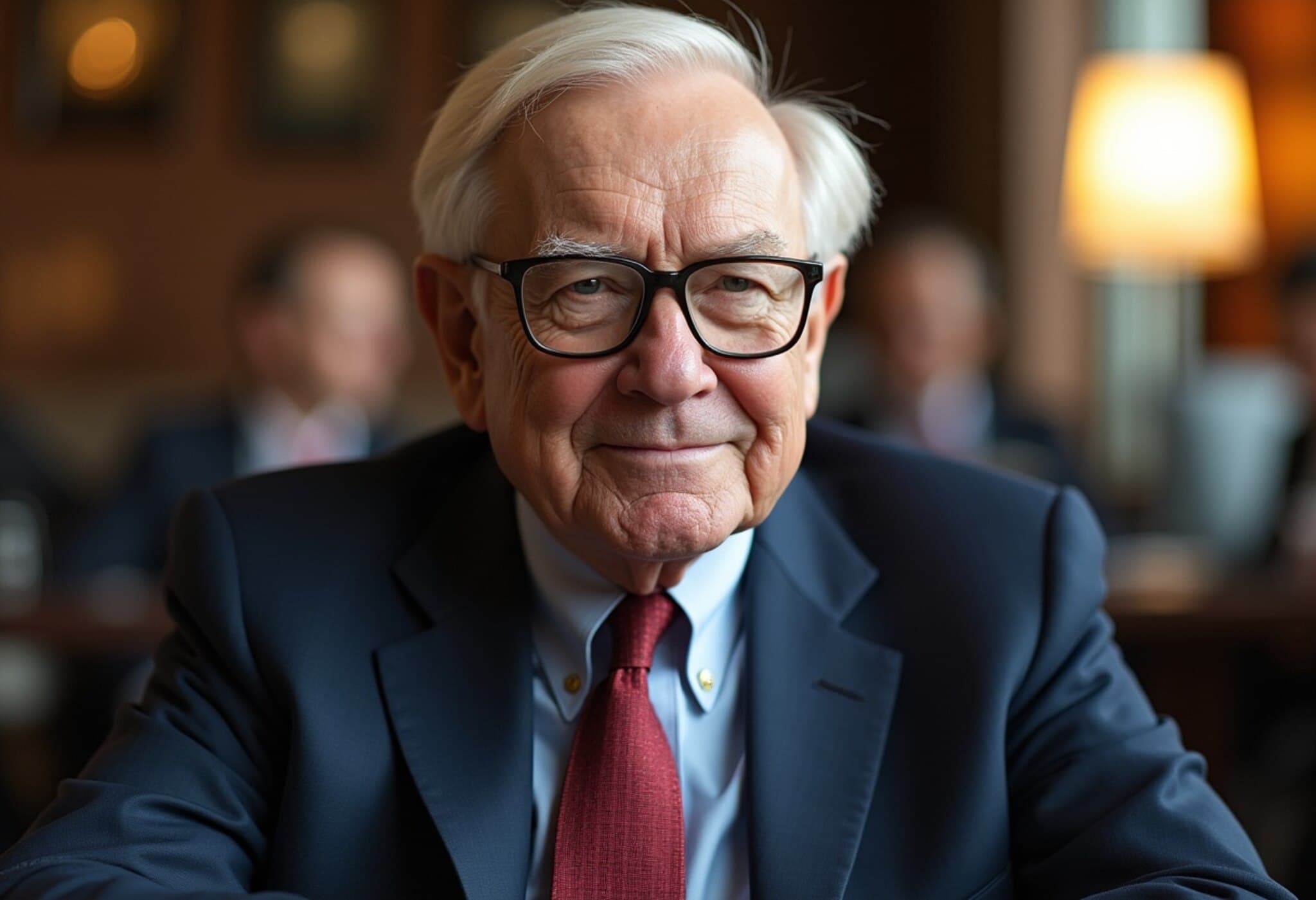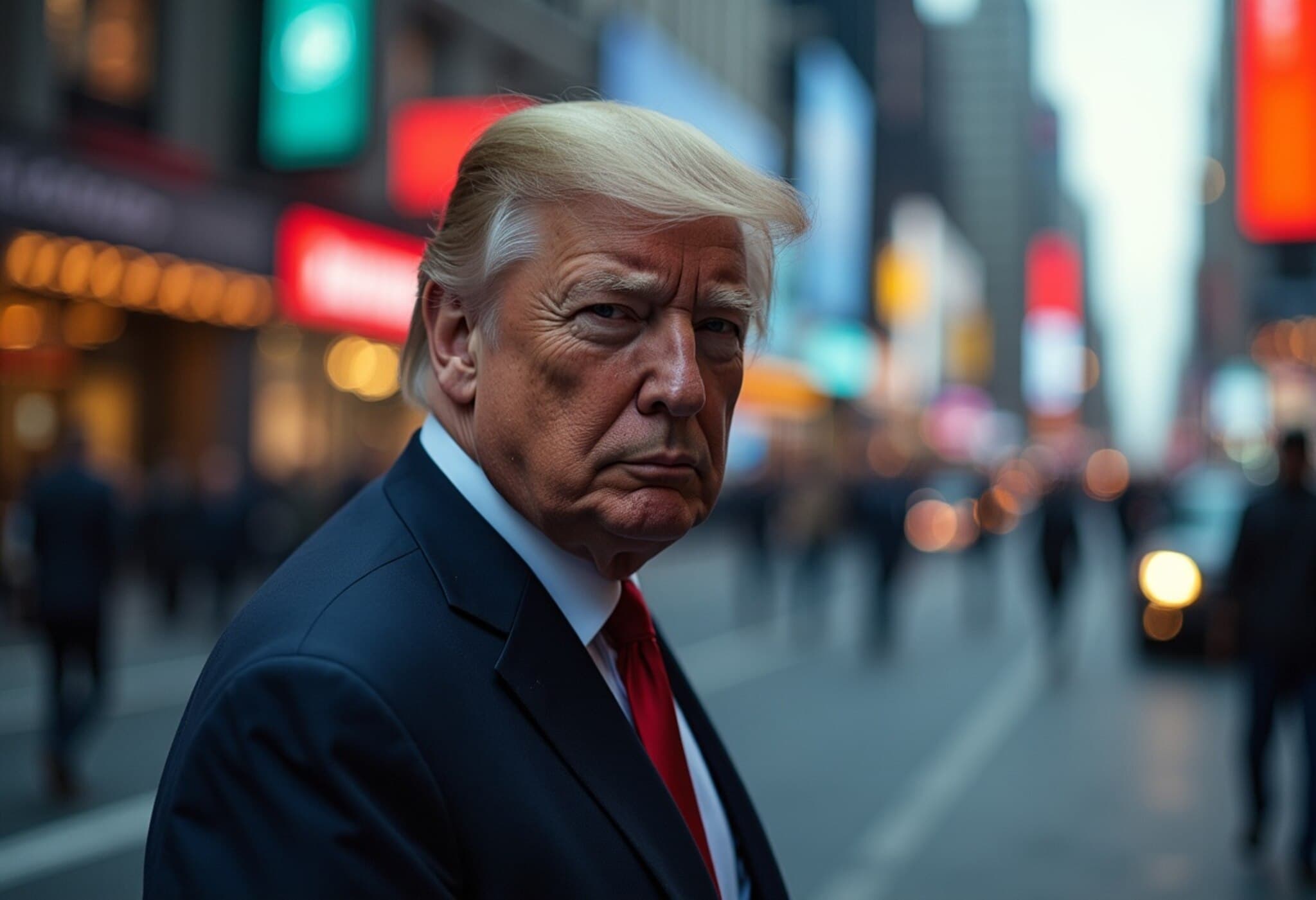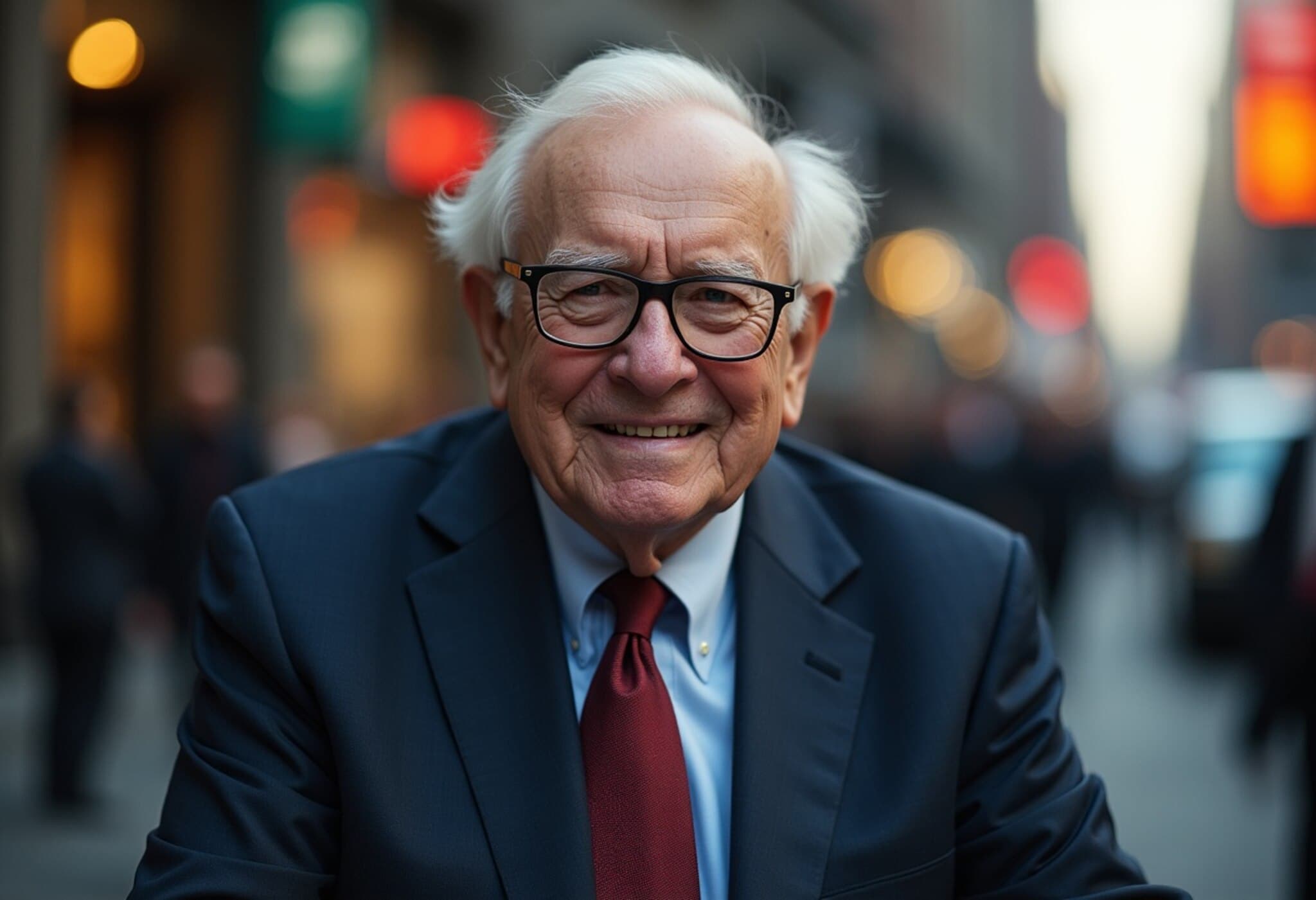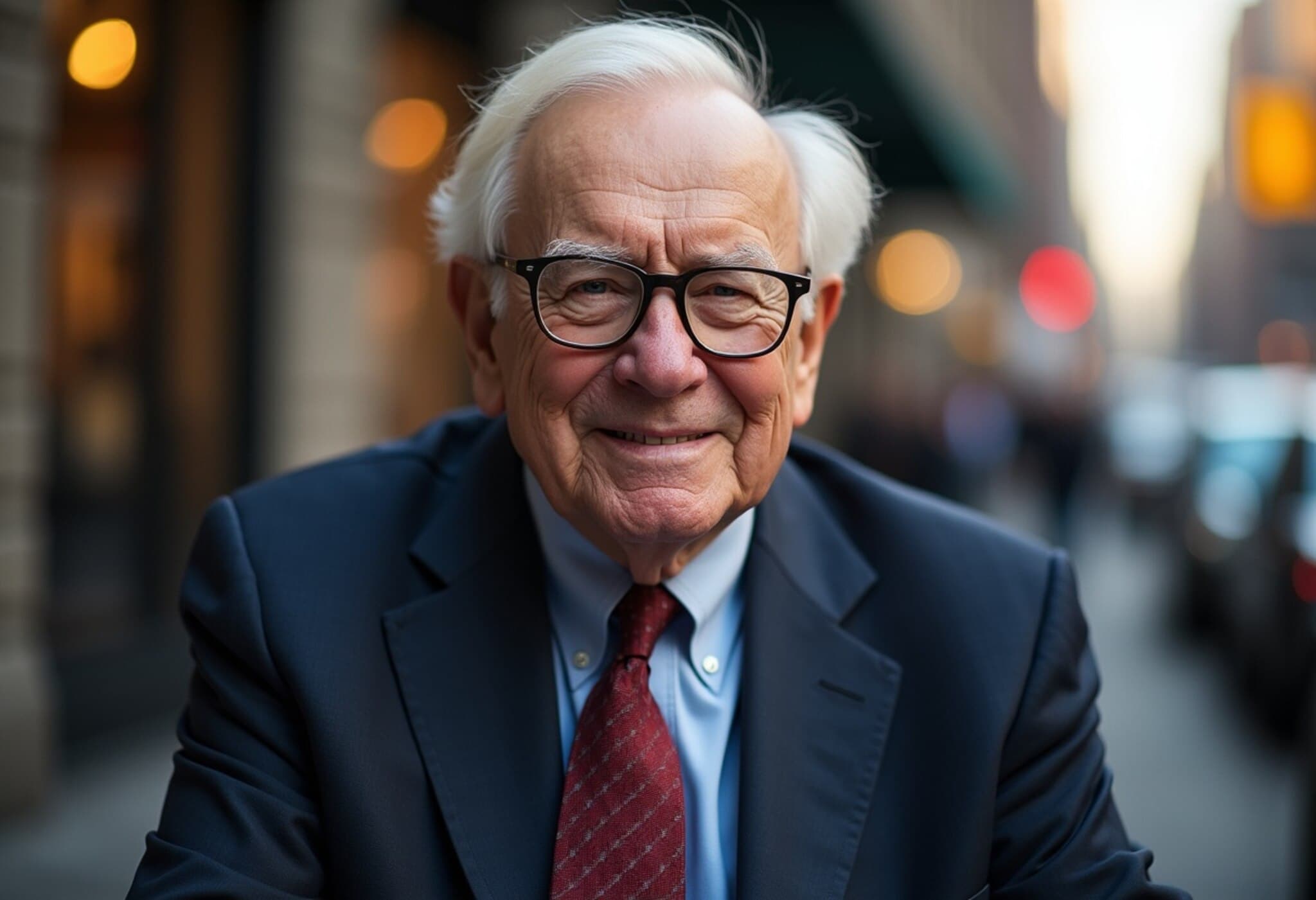Warren Buffett's Berkshire Hathaway Poised to Unveil Secret Stock Stake
For the past two quarters, Berkshire Hathaway, the conglomerate helmed by legendary investor Warren Buffett, has quietly been amassing a sizable stock position under special confidential treatment. This cloak of secrecy has aroused curiosity across financial circles, prompting speculation about which company Buffett's team has been steadily acquiring.
The Confidential Build-Up and What It Means
According to Berkshire's recent second-quarter earnings report, its cost basis in “commercial, industrial and other” equities soared by a remarkable $2.8 billion. When coupled with a similar increase from the previous quarter, the company's stake in this mysterious stock now approximates $4.7 billion.
Warren Buffett’s team might choose to extend this confidential status for a bit longer, aiming to minimize price volatility that could accompany public knowledge of such a large position. However, the conglomerate is expected to disclose this secret holding imminently with its upcoming 13F filing — a quarterly report that institutional investment managers must file to the U.S. Securities and Exchange Commission.
Decoding Buffett’s Investment Strategy: The “Moat” Factor
To narrow down the likely identity of this stock, it is essential to understand Buffett’s investment philosophy — particularly his emphasis on companies with durable competitive advantages, or economic “moats,” which safeguard profitability against rivals over the long haul.
Using insights from Morningstar, a respected investment research firm, Buffett’s secret pick is likely a “wide moat” stock within the industrial sector. Morningstar categorizes wide moat companies as those expected to maintain their competitive edge and deliver consistently high returns on capital for at least 20 years. Buffett tends to seek out stocks within this profile, especially those with the following attributes:
- Market capitalization exceeding $1 billion
- A forward price-to-earnings (P/E) ratio equal to or below 20 — demonstrating value compared to the broader market
- Listed and actively traded on U.S. exchanges
- Operating primarily within the industrial sector
Potential Candidates: Defense, Aerospace, and Railroads
Among the leading contenders, Lockheed Martin, a multinational aerospace and defense corporation, surfaces as a prime candidate. Not only is it a classically Buffett-esque value stock with a wide moat, but it has also underperformed the market recently — down roughly 10% — potentially making it attractive for a value investor seeking quality at a discount.
Bill Stone, Chief Investment Officer at Glenview Trust Company and a longtime Berkshire shareholder, also believes Lockheed Martin fits the bill for Buffett’s latest acquisition.
Other viable names include Huntington Ingalls Industries, a defense contractor specializing in naval shipbuilding, and major railroad operators such as Canadian National Railway, Canadian Pacific Kansas City, and Union Pacific Corporation. However, Buffett’s ownership of BNSF Railway — one of the largest North American freight railroads and a Berkshire Hathaway subsidiary — makes the prospect of investing in competing railroad firms less plausible, given potential conflicts and market rivalry.
Broader Implications and Market Impact
Should Berkshire Hathaway’s secret stake turn out to be in one of these industrial giants, it could signal Buffett’s confidence in the resilience and growth potential of sectors often seen as economic bellwethers. Defense companies benefit from sustained government spending, while industrial and transportation firms are critical infrastructure components tied closely to broader economic trends.
Moreover, Buffett's decision to accumulate shares quietly showcases his characteristic patience and knack for strategic positioning, minimizing market disruption while assembling substantial investment positions.
Expert Insight: Why Buffett’s Secret Move Matters
From an investment and policy perspective, Berkshire Hathaway’s stealth accumulation highlights a crucial dynamic in equity markets — that major institutional moves often precede, and sometimes predict, shifts in economic focus or policy emphasis.
Buffett’s preference for companies with robust moats aligns with a broader narrative in today’s volatile global economy: sustainable competitive advantage and resilience are increasingly valuable. For policymakers, understanding which sectors attract such capital flows could offer clues about future economic priorities.
Key Questions Underreported by Markets
- What signals does Berkshire’s accumulation send about government spending priorities, especially in defense?
- How might Buffett’s holdings influence or reflect the future trajectory of industrial and infrastructure investments?
- Could this move be a hedge against macroeconomic uncertainty or an anticipation of sectoral growth post-pandemic recovery?
Editor’s Note
Berkshire Hathaway’s secret stock position may soon come to light, offering valuable insights into Warren Buffett's latest strategic vision. Whether it's an aerospace giant, a defense contractor, or another industrial titan, this move underscores the enduring importance of resilient competitive moats amid global uncertainty. Investors and policymakers alike should watch closely — as Buffett’s science of patience and value investing often casts long shadows on both markets and economic climates.














